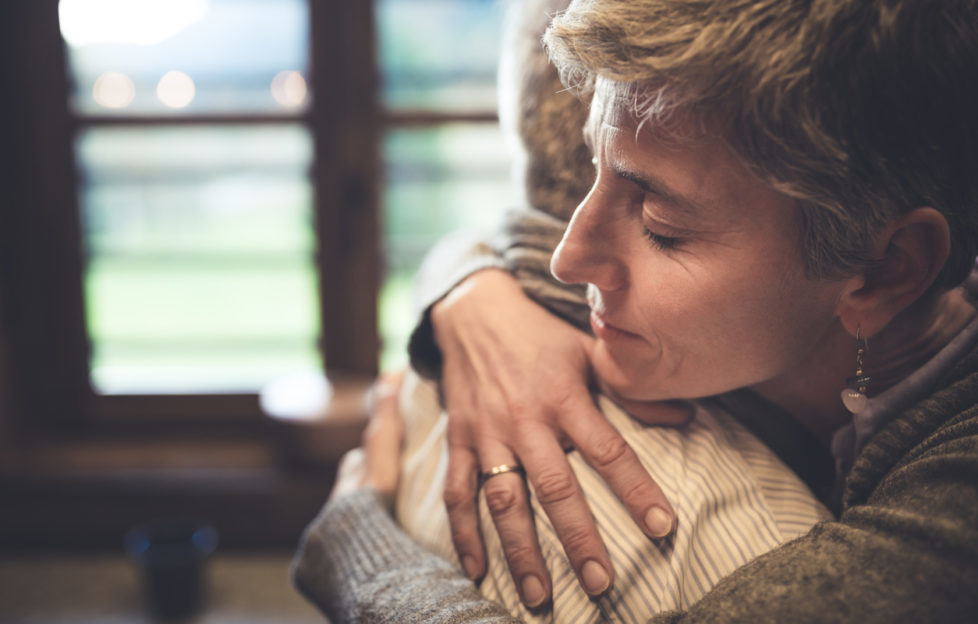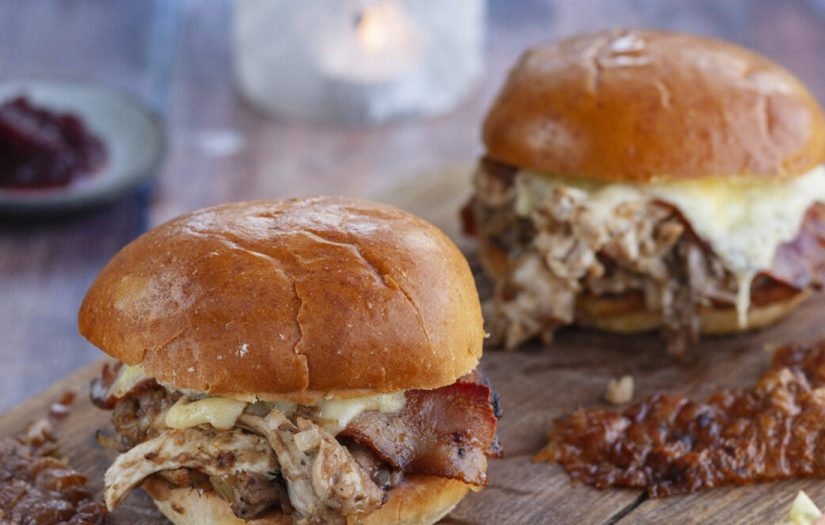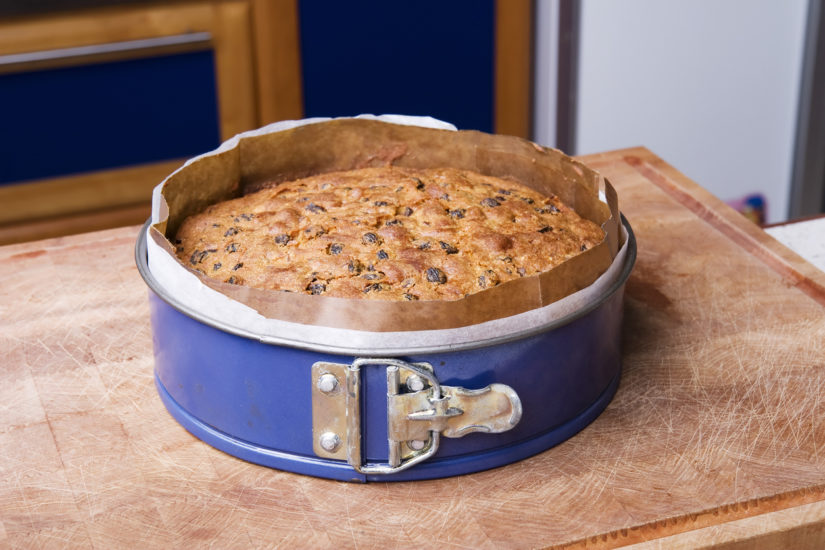
Almost every day we read about another tragedy or atrocity in the news. But what is the best way to respond?
For many years I have been teaching about ‘Lifeshocks’ – all those unexpected, blindsiding moments that seem to stop us in our tracks.
Sometimes they are highly personal and challenge our individual conditioning and belief systems. Others strike our collective consciousness, alerting us to the fears that bind entire cultures and the prejudices we carry through the world.
But whether personal or collective, lifeshocks can be handled in the same way.
Firstly, we can notice our automatic reactions: numbing out; feeling furious, terrified, devastated; believing we are powerless; perhaps raising money to help without knowing how much good it will do; even denying the situation as seems to be happening increasingly.
Secondly, we can notice how familiar our denial, distancing, horror, hopelessness and rage are. We can ask where else in our lives we shut down or lash out without thinking; whom we treat unkindly out of fear and judgement; whose pain we distance ourselves from on our own doorsteps. No one with real self-worth needs to steal it by dehumanizing others. Those that do have lost all sense of their own value and need to be rehumanized themselves.
The truth about lifeshocks
The truth is there can be no effective response to these life shocks until we overcome our fearful reactions. Some will step up to the problem directly – all civil action has been preceded by collective lifeshocks. But the rest of us can look closer to home.
We can drop our own prejudices, unleash our compassion, hold our kids more closely, open the cages in our own narrow and judgmental minds.
Sophie is the author of ‘Lifeshocks – And How to Love Them.’, published by Coronet. Out now. To learn these tools with highly skilled practitioners, go to sophiesabbage.com/events or moretolife.org.




